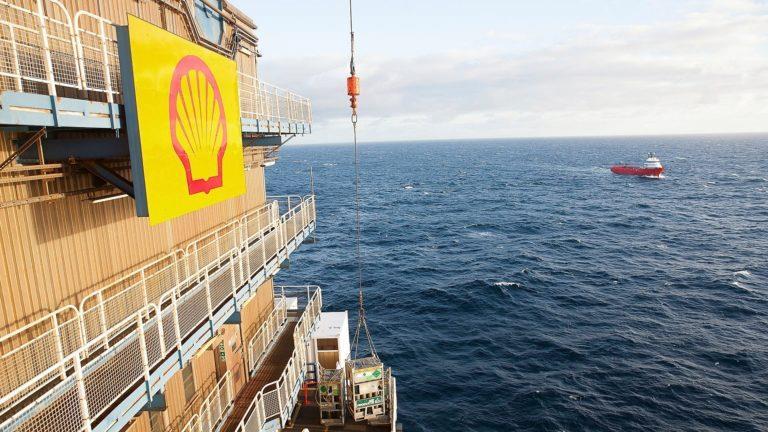
Oil and gas giant Shell has been slapped with a £50,000 fine and served with a sanction notice for breaching production consents.
Industry regulator the North Sea Transition Authority (NSTA) raised concerns with the supermajor in November 2020 that it had “failed to comply” with the maximum and minimum volumes specified in the permits for five southern North Sea.
A subsequent investigation confirmed Shell’s (LON: SHEL) failure.
The company’s own internal review found that it “did not fully implement a new procedure” to improve compliance with production consents.
A failure to “conduct an effective handover following a restructuring exercise” was blamed for the lapse.
Had the NSTA, formerly the Oil and Gas Authority, not flagged the issues with Shell, the company “would have remained in breach of regulatory commitments for longer”.
Following discussions, and having completed its own internal report into the failings, Shell has “engaged more proactively” with the regulator.
The company is implementing the recommendations of its internal review and is committed to improving compliance.
A Shell spokesperson said: “We take our regulatory commitments very seriously and on this occasion we fell short. We have undertaken an internal review and acted on its findings, as well as cooperating with an investigation by the regulator. We will have regular reviews with the NSTA and value this collaboration.”
Production consents key to maintaining trust
Effective management of production consents is an indicator of good stewardship of fields, the NSTA said.
It is also an important component of a “stable, well-regulated industry”, which has the trust and confidence of investors and the public – a vital part of the sector’s quest to remain its social licence to operate.

The Shell investigation was the fourth probe into compliance matters opened by the NSTA in 2021.
It followed the publication in October 2020 of the regulator’s thematic review into industry compliance with regulatory obligations.
The appraisal, which examined compliance in six areas of interaction between the NSTA and licensees, identified some “very good, and improving, practice”.
But it also noted the need for further improvement and warned that sanctions could follow in cases where breaches were found.
BP first to be fined
Last year BP became the first operating company in the sector to be fined by the regulator, which was set up in 2015.
It was found to have “unintentionally” failed to report on the progress and results of two extended well tests as part of its consents for the Vorlich oil field.
Like Shell, BP had to cough up £50,000.
Tom Wheeler, NSTA director of regulation, said: “In this instance, Shell did not live up to its commitments and responsibilities, in a way that could detract from industry’s social licence to operate.
“However, Shell did cooperate fully with the NSTA’s investigation and is already implementing the recommendations from its internal review, dealing with the immediate causes of the failure to comply with production consents.
“The NSTA is committed to maintaining a stable and predictable system of regulation which encourages investment in relevant activities and is working with industry to ensure that compliance continues to improve.”

